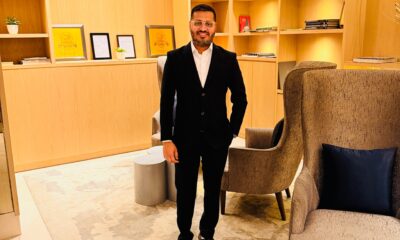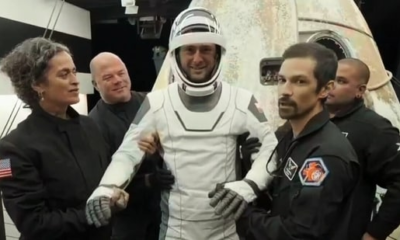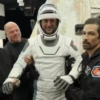Elon Musk Predicts Robots Will Surpass Human Surgeons Within Five Years
The age of artificial intelligence (AI) is rapidly advancing, and according to tech billionaire Elon Musk, AI could soon take the lead in healthcare. In a bold prediction, Musk suggests that robots will not only assist human surgeons but will surpass even the best surgeons within the next five years.
Musk’s comments came in response to a post on X (formerly Twitter) by entrepreneur Mario Nawfal. Musk remarked, “Robots will surpass good human surgeons within a few years and the best human surgeons within 5 years.” This statement has sparked interest in the possibility of AI revolutionizing one of the most intricate fields of human expertise—surgery.
The prediction follows recent reports of significant advancements in robotic-assisted surgery. One such report highlighted the success of Medtronic’s Hugo robotic-assisted surgery (RAS) system, which recently performed 137 urological surgeries, including prostate, kidney, and bladder operations. The success rate of these procedures was impressive, with a 98.5% success rate, well above its initial target of 85%. Only two surgeries had to revert to traditional methods, one due to a robot malfunction and the other because of a particularly complex case. While this success doesn’t suggest that robots will replace human surgeons immediately, it signals that robotic assistance is becoming both common and highly reliable in operating rooms.
Musk views this development as a stepping stone towards a future where robots take the lead in the surgical process. He referenced his own company, Neuralink, which is pioneering brain-computer interface technology. At Neuralink, a surgical robot is used to insert ultra-thin threads into the brain with micron-level precision—a task too delicate for human hands. The R1 surgical robot used in these procedures can insert 64 ultra-thin threads into the brain’s cortex in about 15 minutes, maneuvering around blood vessels with unmatched precision. Musk pointed out that the robot’s speed and accuracy make it impossible for humans to perform this task effectively.
“Given the complexity of threading such tiny electrodes safely into brain tissue, human hands simply can’t match the robot’s combination of speed and accuracy,” Musk explained.
The success of robotic systems like the Hugo robot and Neuralink’s R1 raises the possibility that robots may eventually outperform humans in other aspects of medicine. The precision required in surgery, particularly in high-stakes fields like brain surgery, could be far more achievable with AI-driven robots. While Musk’s predictions remain ambitious, the technology is already showing promise in specialized fields.
Musk is not the only tech leader forecasting major changes in healthcare through AI. Microsoft co-founder Bill Gates also shared similar views. In a recent podcast with Indian entrepreneur Nikhil Kamath, Gates predicted that AI will help resolve shortages of skilled professionals, including doctors. Gates believes that AI-powered tools could revolutionize medical care, especially in underserved areas.
“With advances in robotics and AI-driven medical intelligence, rural clinics could soon have access to world-class diagnostic and surgical tools,” Gates said. He envisions a future where shortages of doctors are alleviated by AI, which would bring advanced medical capabilities to even the most remote locations.
As both Musk and Gates suggest, the rise of AI and robotics in healthcare could fundamentally transform the way we view work in medicine, offering a more efficient and accessible future for patients worldwide.
IT.




























